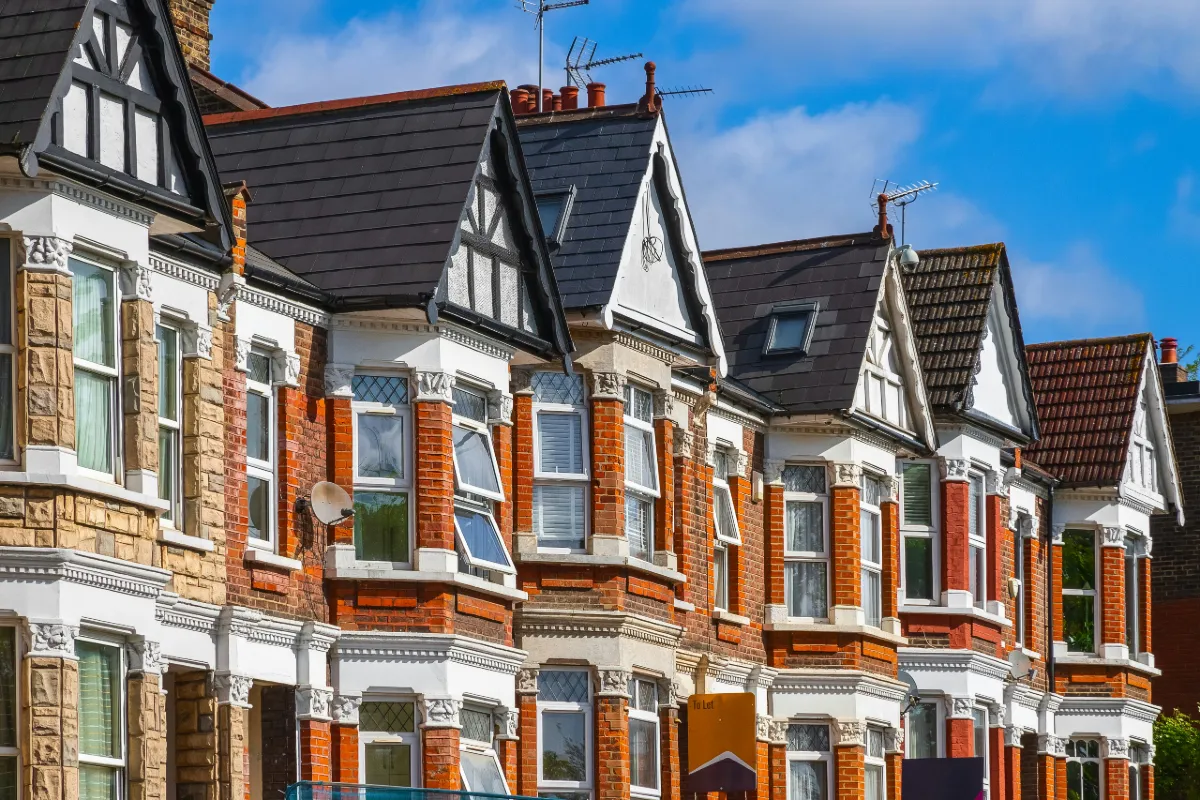A new study conducted by The Electric Car Scheme has revealed the greenest cities in the UK, using data like the number of electric vehicles, the number of parks, the amount of ‘green’ jobs, and air quality levels
- Edinburgh is ranked the UK’s greenest city to work in, with 60 private EV registrations per 10,000 people and low emission levels (6.4 per km²)
- Nottingham comes in as the least sustainable city in the UK, with low numbers of EV registrations (10) and EV chargers (3) per 10,000 people
- Manchester has the highest number of roles listed as ‘green’ jobs available, with 39 roles per 10,000 people
With sustainability becoming increasingly important in our working lives, the team at salary sacrifice company, The Electric Car Scheme, set out to discover which cities in the UK are the most sustainable to work in.
The research explored metrics like the number of private electric vehicles on the roads, the number of charging devices available, the number of parks, CO2 emission levels, and the number of roles listed as ‘green’ jobs to give each city an overall sustainability score.
The UK’s top 10 most sustainable cities to work in
| Rank | City | Electric vehicle registrations per 10,000 people | Number of EV chargers per 10,000 people | Number of parks per 10,000 people | Emissions per km² (kt CO₂e) | Air pollution score(100 = worst) | Number of ‘green’ jobsper 10,000 people | Green City Total Score |
| 1 | Edinburgh | 60 | 6 | 1.63 | 7.6 | 25.75 | 21 | 6.79 |
| 2 | Leeds | 75 | 9 | 1.78 | 6.4 | 45.95 | 18 | 6.77 |
| 3 | Bradford | 51 | 5 | 1.64 | 5.3 | 54.17 | 13 | 5.45 |
| 4 | Manchester | 27 | 4 | 1.69 | 16.2 | 50.00 | 39 | 5.41 |
| 5 | Coventry | 25 | 25 | 0.95 | 12.1 | 42.19 | 15 | 5.33 |
| 6 | Swansea | 28 | 4 | 0.70 | 2.3 | 20.00 | 13 | 5.12 |
| 7 | Sunderland | 27 | 5 | 0.83 | 7.9 | 12.50 | 10 | 5.00 |
| 8 | Plymouth | 24 | 5 | 1.15 | 10.4 | 26.19 | 18 | 4.99 |
| 9 | Belfast | 27 | 3 | 1.06 | 10.3 | 23.12 | 17 | 4.89 |
| 10 | Sheffield | 31 | 2 | 1.12 | 5.4 | 30.21 | 8 | 4.76 |
1) Edinburgh is ranked the UK’s most sustainable city, with 60 electric vehicles registered per 10,000 people
Edinburgh has been crowned the most sustainable city to work in the UK, with an overall score of 6.79 out of 10. Scotland’s capital has the fourth highest number of parks with 1.68 per 10,000 people on offer in the city. Its CO2 emissions are also relatively low, at 6.4 per km², which is almost four times less than in London.
It also has the third-highest number of electric vehicle registrations per 10,000 people, with 60, as well as one of the highest numbers of EV charging devices per 10,000 people (6).
2) Leeds is named the second best city for eco-conscious employees
The runner-up for the greenest city in the UK is Leeds, with an overall score of 6.77 out of 10. The city has the most private electric vehicle registrations per 10,000 people (74) — that’s 3,345 overall. Leeds meets this demand as it has the third largest number of electric vehicle charging devices with 9 per 10,000 people (412 overall).
3) Bradford ranks as the third greenest UK city, with an emissions score of 5.3 per km²
As the third most sustainable city (5.45 out of 10), Bradford also has the lowest CO2 emissions in the whole of the top five, with a score of 5.3 per km² Bradford is also home to a large number of parks, with 49 dotted around the city — this equates to 1.64 per every 10,000 residents.
Manchester and Coventry round off the top five most sustainable UK cities to work. In particular, Manchester has the highest number of roles listed as ‘green jobs,’ with 39 per every 10,000 people.
The UK’s least sustainable cities to work in
| Rank | City | Electric vehicle registrations per 10,000 people | Number of EV chargers per 10,000 people | Number of parks per 10,000 people | Emissions per km² (kt CO₂e) | Air pollution score(100 = worst) | Number of ‘green’ jobsper 10,000 people | Green City Total Score |
| 1 | Nottingham | 10 | 3 | 0.48 | 15.1 | 46.67 | 9 | 2.52 |
| 2 | Leicester | 13 | 2 | 0.71 | 17.2 | 28.95 | 10 | 3.22 |
| 3 | Liverpool | 12 | 2 | 0.60 | 12.4 | 28.12 | 6 | 3.26 |
| 4 | Stoke-on-Trent | 16 | 1 | 0.48 | 10.9 | 33.33 | 11 | 3.34 |
| 5 | Southend-on-Sea | 23 | 1 | 0.51 | 7.4 | 41.67 | 11 | 3.52 |
Nottingham is revealed to be the least sustainable city in the UK, with a total score of 2.52 out of 10
With all the metrics considered, Nottingham ranks as the least sustainable city, with a score of just 2.52 out of 10. The city has the least number of electric vehicle registrations per 10,000 people (10). It also has one of the lowest numbers of charging devices available per 10,000 people (3), as well as less than one park per 10,000 people (0.48).
Though it’s ranked the least sustainable, Nottingham is looking to become greener in the next few years through various transport projects like introducing wireless charging electric taxis and e-scooters.
Leicester and Liverpool round off the top three least sustainable cities to work in the UK. Interestingly, London doesn’t rank within the bottom five, however it does have the highest emissions levels of all cities analysed,
with 23.5 per km², as well as the highest air pollution score of 62.90. With almost three million cars and over 9,000 buses operating in London, this figure perhaps isn’t a surprise.
Thom Groot, CEO of The Electric Car Scheme, shares tips on how to be more sustainable “It’s important for cities to be environmentally conscious. Changes to your lifestyle can impact the reduction of global emissions and increase the well-being of communities.
Switching to an electric car is a great way to be more sustainable. Our aim is to help people switch to an electric car by saving people 30-60% of the cost. Businesses benefit by taking positive steps to be more eco-friendly, and employees save money on their journey to net zero.
Another easy way of cutting down emissions is changing your driving habits. By driving efficiently, you can cut down on fuel usage by limiting unnecessary acceleration and braking. To be even more sustainable, another option is investing in renewable energy options for the home, like solar panels or wind turbines.”














